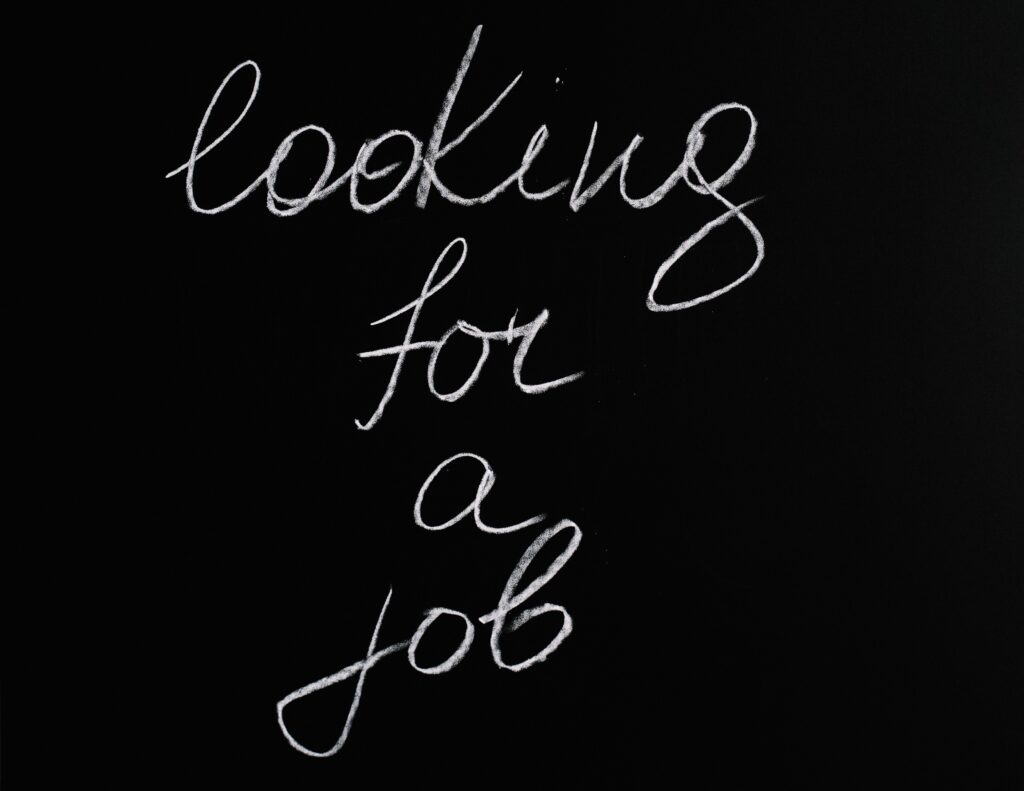Navigating the Workplace: How Young Neurodivergent Professionals Can Succeed

Featured image by olia danilevich, Pexels
HR managers and companies annually go through hundreds of CVs to expand and improve their workforce. The few CVs that go through the evaluation come from educated individuals with differences such as autism, dyslexia, ADHD, and so on.
Growing your business is proportional to increasing workplace diversity and inclusion (D&I). These hidden gems are a gift to the labour market, and here’s how young neurodivergent professionals can succeed in the workplace.
Why is neurodiverse talent important?

It’s safe to say that neurodiversity is the new normal.
Discouraging young professionals to forward their resumes and showcase their talent due to disability is a topic that should have been addressed long ago. There are no two brains that are alike and employing neurodiversity employees brings with it many benefits.
First and foremost, hiring a neurodiverse employee ensures creativity in the workplace. Businesses that do not practice this are in a potential trap of handling business under the constraints of one-way thinking. D&I provides new insight, innovation, and unique views on individual work tasks and the entire business.
Secondly, according to a Harvard Business Review, D&I individuals can outperform their neurotypical colleagues. Hiring these individuals contributes to certain business segments, such as pattern recognition, mathematics, and memory.
Lastly, hiring a neurodivergent individual contributes to growing a talent pool for people that are equally as qualified yet ‘skipped’ in the hiring process.
How to succeed in business as a neurodivergent individual

Image by Yan Krukau, Pexels
Stepping into the workplace as a neurodivergent individual is a breakthrough in your career, but it is also the beginning of a challenge. Here are a couple of useful tips on how to enter the business with the right attitude and thrive.
Seek organisational cultures that nurture neurodiversity

Perhaps the most important factor in succeeding in business as a neurodivergent individual is to be part of a culture that knows how to appreciate it. In order to be able to express your talent to the fullest and utilise your skills, taking part in assertiveness training is inevitable.
The key to this training is to develop self-confidence in individuals and help them seek support from their co-workers and employers when needed. This will improve communication skills and promote independence.
Ask the interviewer everything

Image by RDNE Stock project, Pexels
If the interview went well, and you’re confident that the job is yours, don’t miss this chance to interview the interviewer. Make sure to have a list prepared for the HR manager and your employer on anything and everything that interests you–down to the last detail.
Feedback will be useful for you to understand if this is a work environment that will allow you to use your full capacity.
Don’t limit your job-search

Image by Anna Tarazevich, Pexels
Even today, finding a job while dealing with different emotional and physical health issues is challenging. However, the labor market is huge, and it offers possibilities to all talented professionals—the trick is finding the workplace that suits you best.
You shouldn’t confine yourself to D&I organisations but explore your options and chase your dreams.
Helping neurodivergent professionals thrive in business

Image by Andrea Piacquadio, Pexels
As a business, one of one your end goals is ensuring accommodation, a work-friendly atmosphere, and space for professional growth.
Employing neurodivergent young professionals makes business sense, encourages company growth, and helps these young professionals thrive and succeed business-wise.
Guest post by Ben Richardson



